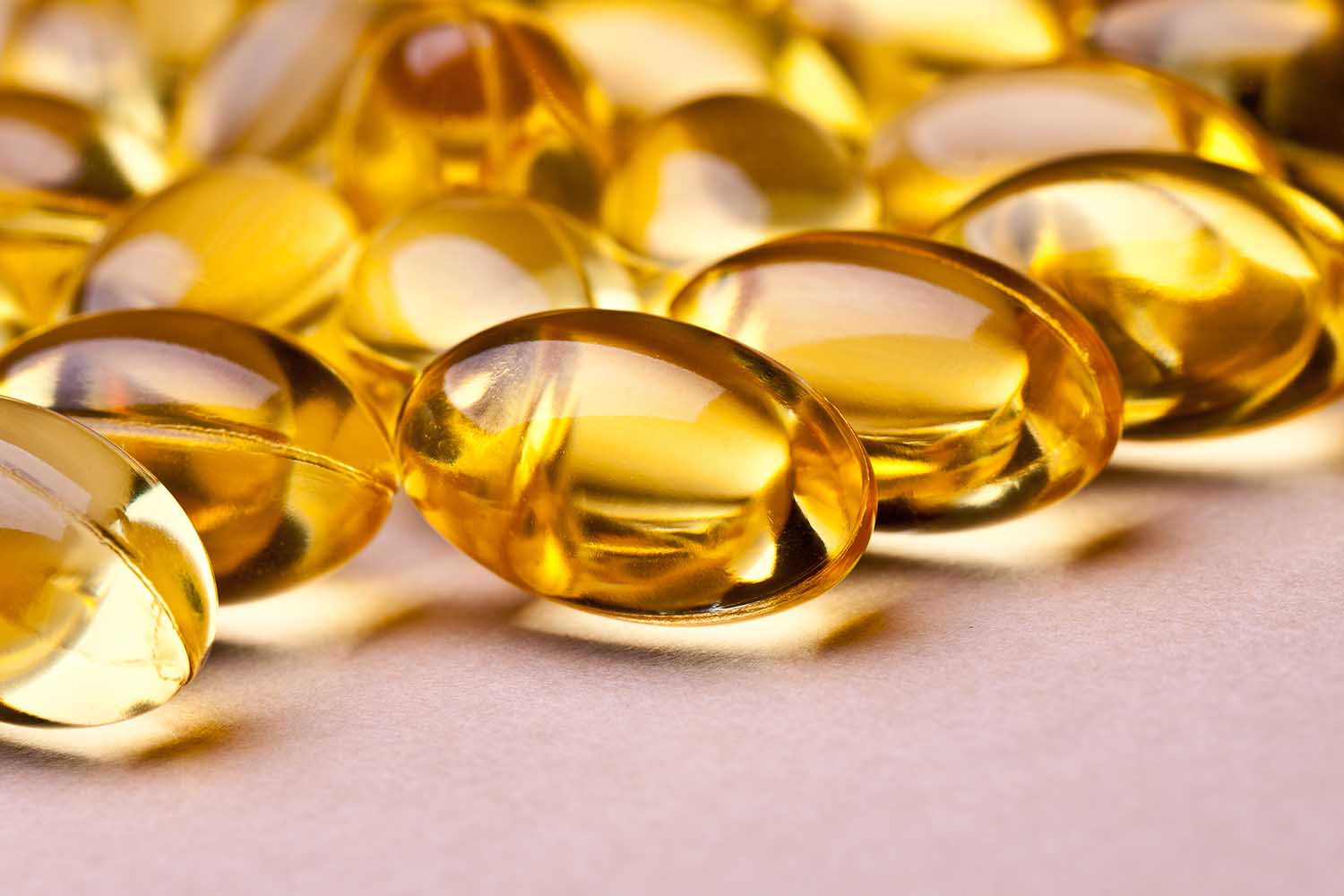Advertisement
The Top 10 Foods High in Vitamin D
Supplementing the sunshine vitamin with a healthy diet
Fact-Checked
This article has been written and fact-checked by experts in the field.

Butter and margarine
Vitamin D is essential for strong bones and muscles. It also plays an important role in reducing the risk of a number of health conditions, including osteoporosis, cancer, diabetes, and hypertension.
The human body makes vitamin D when our skin is exposed to sunlight. However, vitamin D deficiency is more common than you may think and can occur due to increased time indoors, living in higher latitudes, dark skin pigment, aging, and wearing sunscreen to reduce skin cancer risk.
Keep reading for 10 foods that will help you get the amount of vitamin D you need!

Non-fortified dairy products are generally low in vitamin D, with the exception of butter due to its high fat content. Margarine can also be found fortified with vitamin D, and in a study of older adults, butter and margarine were the leading contributors to their daily vitamin D intake. Though these can be used in just about anything, you might want to save this Extra Moist Chocolate Cakes recipe for a rainy day.
Oysters

Shellfish, including oysters, are a natural source of vitamin D. In a study of older Dutch adults, shellfish were found to be the second leading contributor to daily vitamin D intake. Raw oysters are full of healthy vitamins and minerals including vitamin D, as well as vitamin B12, which may play a large role in brain health. Head to your local market and pick them up fresh, then enjoy this kiss from the ocean served baked or raw.
Mackerel

Mackerel is a fatty fish like salmon, herring, and sardines. These are a fantastic source of vitamin D, and one of the main sources of omega-3s—a healthy type of fat that may provide big benefits for your brain, lungs, heart, and circulation. Mackerel packs a whopping 345 International Units (IU) of vitamin D in 3.5 ounces (100 grams). Try grilling it whole or enjoy this smoked Mackerel Potato and Egg Salad.
Orange juice

While biting into these juicy, tropical delights is always tempting, they won’t make a difference to your vitamin D intake. To get a boost of the sunshine vitamin, look for orange juice that’s been fortified with vitamin D. Enjoy an 8-ounce (250 mL) glass for 100 IU of extra sunshine in your diet on those rainy or cold winter days.
Canned tuna

Tuna in a can may not seem all that luxurious, but this quick, easy, and affordable snack deserves a spot on your grocery list. Not only does 3.5 ounces (100 grams) of canned light tuna in water contain 200 IU of vitamin D but it’s also a great source of omega-3 fatty acids and vitamin B12—an essential vitamin in the formation of DNA and new red blood cells (preventing anemia). Enjoy it in a fresh seasonal salad or in these savory Tuna Spinach Mac and Cheese Cups.
Beef liver

You either love it or you hate it, but there’s no denying that this polarizing dish is a solid source of vitamin D—roughly 3.5 ounces (100 grams) contains 49 IU. Organ meats, especially liver, have also been associated with a range of potential health benefits, including reduced risk of heart disease, Alzheimer’s disease, and certain types of cancer, as well as a stronger immune system and increased energy. If you’ve tried the classic liver and onions and found it a bit too bitter or gamey, don’t write it off yet! Try soaking the liver in milk before cooking.
Cereal

A number of breakfast cereals are fortified with vitamin D. When you’re scanning the cereal aisle, look for those words on the label to start your day with an extra 40 to 100 IU of vitamin D. For an extra punch, pair it with fortified milk (or fortified soy, almond, or rice milk) to add another 98 IU per 8-ounce (250 mL) serving.
Egg yolks

Vitamin D is naturally found in egg yolk, making them another great way to add a little vitamin D to your diet . The yolk of one large chicken egg contains roughly 41 IU of vitamin D. Although eggs are also high in cholesterol, most people can enjoy up to seven eggs a week without increasing their risk of heart disease. Spend the morning in Paris with these Eggs En Cocotte—a delicious blend of baked eggs, cream, and aromatic veggies elevated with smoked salmon.
Yogurt

Yogurt is often fortified with vitamin D and, depending on the brand, can contain up to 20 percent of the recommended daily value with roughly 88 IU in a 6-ounce (180 mL) serving. Toss a scoop in your smoothie, enjoy yogurt, berries, and granola for breakfast, or save it for dessert in this Lemon Yogurt Mousse with Homemade Jam.
Take a supplement

Some experts recommend at least 600 IU of vitamin D per day for adults and 800 IU for those over the age of 70. Even with a healthy diet that includes foods high in vitamin D, it can be difficult to meet the recommended daily requirement with food alone. Taking a Vitamin D supplement is a great way to avoid becoming vitamin D deficient, particularly in the colder months or for individuals with greater risk.





